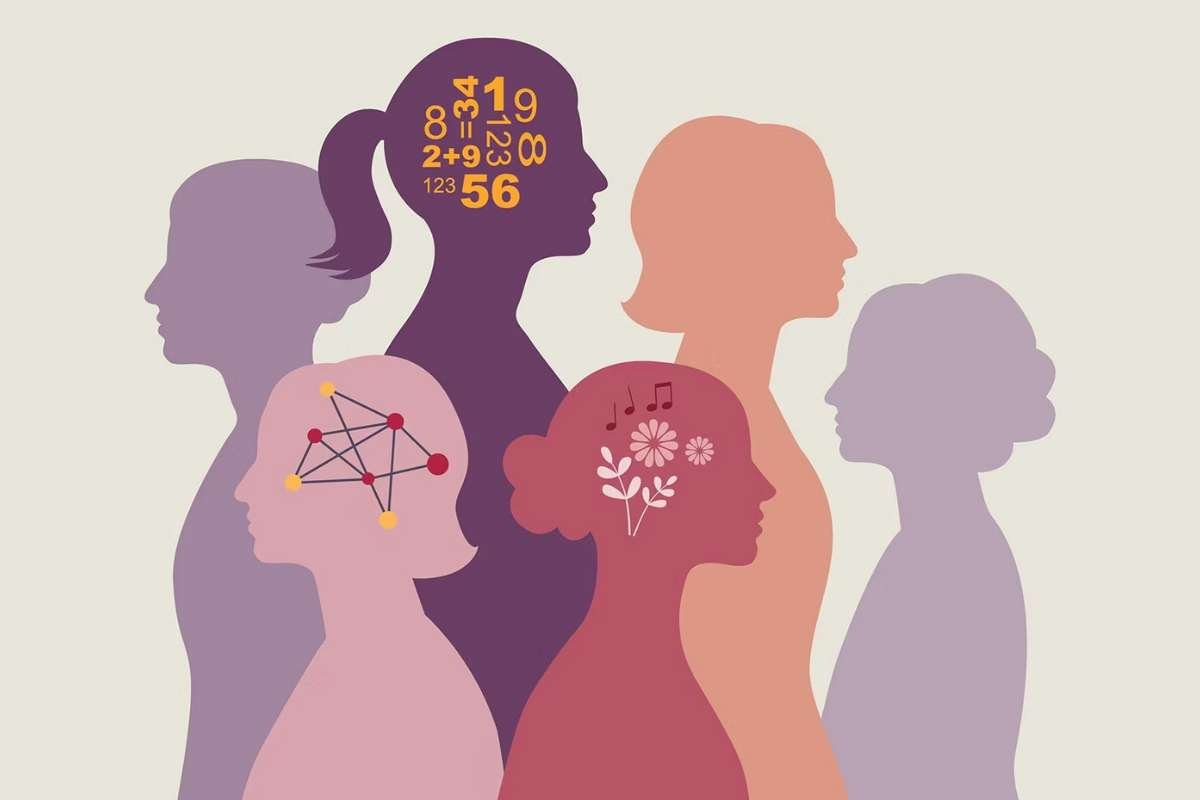You often hear about IQ as the ultimate measure of how smart someone is. It’s a score from a test that tries to pile up a person’s brainpower against everyone else’s. While high IQs grab headlines, there’s also a lot of curiosity about the other end of the scale: the lowest IQ in the world. But what does that really tell us, and how should we even think about such a number?
This article will explore the idea of the lowest IQ, break down how these tests actually work, consider the ethics of putting a label on someone, and ultimately discuss why a single number can never truly define a person.
Understanding IQ Scores
The IQ scale typically follows a bell curve, with the average score set at 100. Roughly 68% of people fall between 85 and 115. Scores below 70 are considered significantly below average and may indicate a cognitive disability.
IQ tests measure a range of abilities, including logical reasoning, spatial visualization, mathematical aptitude, and linguistic skills. However, IQ scores are not infallible; they can be affected by factors such as education, socio-economic status, nutrition, and even emotional state at the time of testing. This means that while IQ tests can offer a general overview, they may not present the complete picture of a person’s intellectual capabilities.
What Is Considered the Lowest IQ?

Historically, scores under 70 have been categorized into different levels of intellectual disability:
- Mild (IQ 50-69)
- Moderate (IQ 35-49)
- Severe (IQ 20-34)
- Profound (IQ under 20)
The lowest IQ in the world ever recorded is subject to much debate. Some sources mention scores as low as 20 or below, particularly among individuals with profound cognitive disabilities caused by genetic conditions, trauma, or extreme neglect. These cases are extremely rare and often misunderstood or sensationalized.
It’s essential to clarify that having the lowest IQ does not mean a person has no intelligence. Rather, it may indicate significant challenges in communication, learning, and adaptive behaviors. These individuals often require lifelong support, but they are capable of emotional connections, routines, and basic skills with the right guidance.
Notable Cases and Misconceptions
Various names are often brought up in conversations about the lowest IQ in the world, but most of these claims lack scientific credibility. Some internet myths and tabloids have exaggerated individual cases without proper context or verification. For instance, assigning an exact number to someone based on anecdotal behavior or limited interactions is neither ethical nor scientifically sound.
Moreover, many people with low IQ scores may excel in specific areas not captured by standard testing, such as art, music, or emotional intelligence. Famous savants like Kim Peek, who inspired the film Rain Man, had a low measured IQ but extraordinary memory and abilities.
Related: Who Has the Highest IQ in the World? Exploring the Limits of Human Intelligence
Social and Ethical Considerations

Labeling someone with the lowest IQ in the world raises serious ethical concerns. Intelligence is just one dimension of a person’s identity. Overemphasizing IQ can lead to stigma, discrimination, and reduced opportunities for those already vulnerable.
Society must shift the narrative from ridicule to empathy. Instead of asking who has the lowest IQ, we should ask: how can we support those who need different kinds of help? Early interventions, inclusive education, and community support can dramatically improve the quality of life for individuals with cognitive challenges.
In many cases, people with low IQ scores live fulfilling lives with the help of families, caregivers, and educators. Their experiences and emotions are valid and meaningful, even if they process the world differently.
IQ Is Not Destiny
An important truth often ignored in sensational discussions about the lowest IQ in the world is that IQ can change over time, especially in children. Cognitive development continues well into young adulthood. Factors such as enriched environments, proper nutrition, stable households, and good schooling can lead to significant improvements in intellectual functioning.
Moreover, different cultures value different types of intelligence. In some communities, practical knowledge, storytelling, or environmental understanding may hold more significance than abstract reasoning. IQ tests do not always account for such cultural diversity, leading to misinterpretations.
Beyond Numbers: Celebrating Neurodiversity

In recent years, the concept of neurodiversity has gained traction. It promotes the idea that variations in brain functioning, such as autism, ADHD, or intellectual disability, are not deficits but differences. From this perspective, even someone with the lowest IQ in the world has a unique place in the human tapestry.
Educational systems, workplaces, and healthcare services are slowly adapting to this inclusive mindset. Instead of focusing on limitations, the emphasis is shifting toward building on strengths and accommodating different learning styles.
Conclusion
While the phrase “Lowest IQ in the world” might capture attention, it steers us toward a more crucial discussion: how we understand, measure, and value intelligence. A low IQ score doesn’t diminish a person’s worth; instead, it indicates a need for greater support, not a loss of dignity.
Let’s shift our focus from numbers to building a society that cherishes everyone’s potential, regardless of their IQ. After all, human value is not a score; it’s a reflection of our compassion, understanding, and inclusivity.









